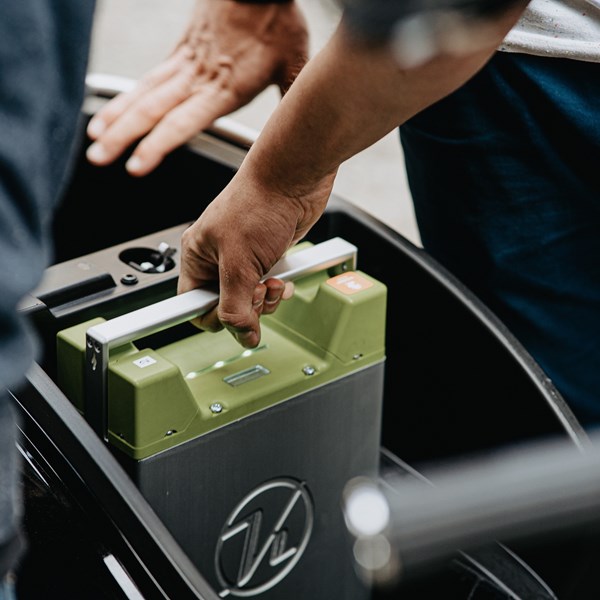In the recent decision, G4/19, the Enlarged Board of Appeal has confirmed the existing practice of prohibiting ‘double patenting’ at the EPO.
BACKGROUND
It is an accepted principle in many patent systems that two patents cannot be granted to the same applicant for the same invention. Although the European Patent Convention does not contain express provisions dealing with the issue of double patenting, it has been the EPO’s long-standing practice to prohibit double patenting on the basis that an applicant cannot have a legitimate interest in the grant of a second patent for the same subject matter if they already possess a granted patent for that subject matter.
THE FACTS AND ARGUMENTS
In the case leading to the recent consideration of double patenting by the Enlarged Board of Appeal, Nestlé’s patent application EP10718590.2 was refused by the EPO’s Examining Division for having a claim directed to subject matter which was identical to the subject matter of its own granted priority document.
Upon appeal, Nestlé argued that the EPO’s prohibition of double patenting did not apply to the case of an application and its priority document, since the applicant may have a legitimate interest in obtaining identical claims in the later application due to the resulting additional patent term of up to a year.
The Board of Appeal hearing the case noted the divergence in jurisprudence concerning not only the legal basis for the prohibition of double patenting but also the applicability of the prohibition to cases of an application and its priority document. It therefore referred a number of questions of law to the Enlarged Board of Appeal.
JUDGMENT
In its decision, the Enlarged Board of Appeal considered in detail the legal basis for the prohibition of double patenting, before endorsing the existing approach of the EPO.
The decision confirmed that when an applicant already possesses a granted European patent for an invention, an application for the same subject matter by that same applicant may be refused irrespective of whether it:
- was filed on the same date as, or
- is an earlier application or divisional application in respect of, or
- claims the same priority as
the European patent application leading to the European patent already granted.
Similarly, the decision confirmed that the prohibition on double patenting only applies where the two conflicting cases are both European and share at least one common designated state. This means that the EPO will not prevent the grant of a European patent where the applicant has a national patent to the same invention. For example, Sweden, Denmark and Norway do not exclude simultaneous protection by national patents.
Notably, the decision is silent on what is meant by “the same applicant” or “the same subject matter”. In particular, it remains to be seen whether it would be permissible for an applicant to subsequently assign the rights to a priority case in order to avoid the prohibition on a later application claiming the same subject matter. If permitted, this could furnish an extra year of patent term for that subject matter.
Similarly, it is not yet clear whether the double patenting prohibition applies only to claims of identical scope, or whether heavily overlapping claims will also be affected.
IMPLICATIONS
Unfortunately, while this decision provides detailed legal justification for existing EPO practice, it does little to further develop the law relating to the prohibition of double patenting. Therefore, applicants should continue to take precautions to avoid falling foul of double patenting provisions.
In particular, applicants concerned about maximising their patent term should consider avoiding prosecuting a European priority application to grant with the broadest claim scope. Instead, applicants could consider allowing the European priority application to lapse before grant; prosecuting the European priority application with a narrower claim scope focused around commercially important embodiments; or alternatively using national applications as priority applications.







